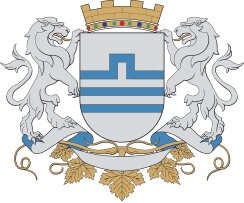Communal Inspection
Branko Kovačević
Address: Ul. Vaka Đurovića bb
Telephone: +382 672-493
Duty services: 067/245-799
E-mail: komunalna.inspekcija@podgorica.me
Established as a special service, the Communal Inspection and its responsibilities were defined by the Decision on the Organisation and Manner of Operation of the Capital City Administration.
The Communal Inspection performs tasks relating to:
1) inspection supervision in the fields of: urban sanitation, transport, and disposal of municipal and other waste; the construction, maintenance, and use of waste areas; arrangement and maintenance of marketplaces, cemeteries, parks, green and other public areas, public lighting, municipal and unclassified roads and streets, traffic signs and signalling, transport of passengers in urban and suburban regular passenger transport; taxis and special transport; the erecting of temporary, auxiliary, and prefabricated facilities of temporary features; dwelling in residential buildings; keeping pets; noise environment protection; heat supply; use of symbols of the Capital City; monitoring of working hours; maintaining rendering plants, managing waters of the public water supply; collecting and releasing wastewater, performing tasks in the field of exploitation and disposal of river sediment on water areas and other areas in accordance with special regulations;
2) inspection supervision in performing the tasks of state administration within the competence of the Police Administration, referring to the removal of vehicles, apart from those referring to issuing misdemeanour warrants and initiating misdemeanour procedures;
3) preparation of information and other technical materials within its competence for the Assembly, the Mayor, and administration bodies;
4) preparation of an annual report for the Chief Administrator on resolving administrative matters within its competence, realisation of the principle of transparency by publishing prescribed acts on the website of the Capital City, cooperation with NGOs and other reports, while exercising its function of coordination of the local administration’s performance;
5) keeping an inventory and record of the immovable and movable items at the disposal of the Capital City, which that service uses for exercising its functions (official buildings and commercial premises, except for those used by multiple administration bodies, equipment, means of transport, etc.) in accordance with the law regulating state property; submitting the records in electronic form to the local administration body competent for property affairs, with all the changes arising during the year;
6) initiating the procedure of selling movable assets which it uses while performing its functions;
7) issuance of a decision and conclusion of contracts on the leasing of official buildings and premises which it uses for exercising its functions by direct agreement, for the needs of organising sports, cultural, fair, scientific, professional, and other similar needs and events, with the approval of the competent body of the Capital City, as well as the submission of these contracts to the local administration body competent for property affairs;
8) the administrative procedure for free access to information within its scope of operation;
9) preparation of information on planning and implemented activities of the body and submission of that information to the competent service with the purpose of publishing it in the media;
10) publishing general and other acts in accordance with the law regulating local self-government;
11) other tasks within its scope of activity, in accordance with the law and other regulations.
The Law on Communal Activities defines the rights and duties of the Communal Inspector in exercising inspection supervision:
The Communal Inspector, or Environmental Inspector has the right and duties while performing inspection supervision to:
1) monitor whether the utility activity is being performed in a manner defined by this law and regulations adopted based on this law;
2) monitor and ensure implementation of the Decision on Communal Order from Article 19 of this law;
3) inspect infrastructure, equipment, and resources, as well as business premises used for performing the communal activity;
4) gain insight into general and specific acts, records, and other documentation of the performer of the communal activity;
5) order that specific obligations are met and measures taken on removing shortcomings and defined irregularities in the performing of those activities;
6) monitor whether the local self-government unit has ensured the execution of communal activities in accordance with the principles of performing those activities;
7) monitor whether the local self-government unit is keeping records on the position and derived condition of the utility infrastructure;
8) monitor whether the local self-government unit has prescribed the general conditions for maintaining communal order and measures for their implementation;
9) monitor whether the company founded by the local self-government unit is only performing the activities entrusted to it according to the contract on delegation from Article 21 paragraphs 1 and 6 of this law;
10) monitor the enforcement of provisions of the contract on performing utility services concluded between the person in charge of the special purpose area (protected natural and marine resources) and the performer of the utility services on the territory of the local self-government in which the area lies;
11) monitor whether the building is attached to the utility infrastructure at the location and in the manner prescribed by the spatial and planning document and the law;
12) monitor whether the performer of the utility service in the event of unplanned termination in providing the utility service has taken the prescribed measures;
13) monitor whether the local self-government unit has adopted the annual investment maintenance plan and if it is being implemented;
14) prohibit the operation of a person who does not meet the requirements necessary for performing the utility services and who has not removed the determined shortcomings within the deadline;
15) take other measures and procedures in accordance with the law which defines issues of inspection supervisions.
During the performance of the inspection, the communal inspector or environmental inspector adopts a solution on the measures, actions, and deadlines to remove the irregularities.
The communal inspector or environmental inspector is obligated to take into consideration complaints from legal and natural entities regarding activities within their competences and notify the complainant in the manner and within the deadline determined by the law.
The Law on Inspection Supervision defines the measures and activities of the communal inspector while performing inspection supervision:
For the purpose of removing the identified irregularities, the inspector is authorised and obliged to:
1) indicate the identified irregularities and determine a deadline for their removal;
2) order the taking of adequate measures and activities withing the deadline he/she has defined;
3) temporarily prohibit the performance of operations and other activities;
4) temporary seize the assets and resources with which an offence was committed, until the termination of the procedure;
5) pronounce fines, in accordance with the law and other regulations;
6) issue a misdemeanour warrant;
7) submit criminal or other appropriate charges;
8) perform other authorisations and obligations in accordance with the regulations.
An authorised inspector may submit a request for initiating a misdemeanour procedure.
A special service of the Communal Inspection is established with the purpose of being primarily in the service of citizens. The Capital City had in mind the needs of the citizens of the Capital City and municipalities within the composition of the Capital City while forming this service, and it invested a significant amount of funds into its establishment in terms of equipment, vehicles, and personnel structure.
The citizens of the Capital City can expect, with good reason, faster and more efficient solutions to everyday problems within the competence of the Communal Inspection with the forming of this new service.











